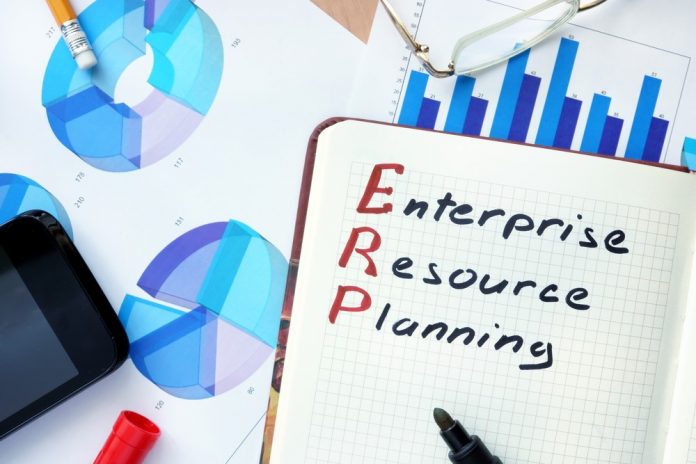As a small business owner, you may not think your business is large enough to warrant an investment in Enterprise Resource Planning. You may want to rethink that idea, however. Small businesses face a lot of tough competition from larger businesses. This means you need to streamline operations and move more quickly than your competition. With the right ERP solutions in place, you’ll be in a stable position for the continued growth of your company.
What to Expect from an ERP
As you consider your ERP options, you need an accurate understanding of what the solution offers. ERP software is an important tool in monitoring business resources, managing production and inventory, and disseminating information to business stakeholders. For example, a small business may have several separate databases to handle payroll, order and inventory management, financial planning and management, and accounting. The gaps and discrepancies between these disjointed systems can lead to complicated and costly problems for a small business. An ERP brings the systems together under one software program.
Increased Productivity and Streamlined Processes
There are several benefits to combining these systems under one ERP software program. To the small business owner, increased productivity may be one of the most valuable benefits. As the ERP software brings increased clarity to various segments of the business, staff members can turn their attention to core responsibilities. By reducing time spent on other activities and increasing the time and effort spent on core responsibilities, the potential for productivity and growth increases.
Sharing Information Conveniently and Rapidly
Another important benefit of switching to an ERP is the availability of information. Vital decisions can be made with accurate information more quickly. Potential problems can be predicted and prevented. Staff members responsible for production planning, recruitment of new employees, and overall operations can all quickly share pertinent facts to increase the positive outcome of decisions. Simplifying access to and sharing information is a great way to decrease the waste of resources, reduce the risk of making errors, and improve overall productivity.
Determine Whether It’s Time for an ERP
How can you tell if your small business is ready to make the switch to an ERP? Watch out for the following signs.
- Several different software systems for separate processes
- Time-consuming IT practices
- Tedious accounting practices
- Inventory management is plagued with errors
- Difficulty sharing information across teams
- Sales predictions are based on guesswork
- Customer service is suffering
What to Consider Before Implementing an ERP System
When it’s clear that an ERP solution is necessary, small business owners need to understand the implementing the software will take planning and careful installation. You’ll also need to determine which ERP option is best for your business. The two main options are web-based ERP and cloud-based ERP. You’ll want to consider how easy each software system is to install, to learn, and to use. Find out whether the software can be customized for your business. Compare the costs of housing the system in your own facility and the regular subscription costs associated with using a cloud-based system. Ask about the timing of upgrades and enhancements. Learn more about the security of your data and how much support the vendor is willing to offer. Will your software be open to buyouts? Will the cloud system be at risk of ownership transfers? Get a printout of costs related to software, implementation, ongoing maintenance, training systems, customization, hardware, and future updates.
Bringing Positive Change to Your Company
An ERP solution is a great idea for small business owners with a drive for expansion and those who simply want to streamline their operations. As you consider the option of bringing an ERP system to your company, focus on your priorities and discuss the plan with an experienced ERP consultant to ensure an effective and beneficial conversion.
Find a Home-Based Business to Start-Up >>> Hundreds of Business Listings.

















































